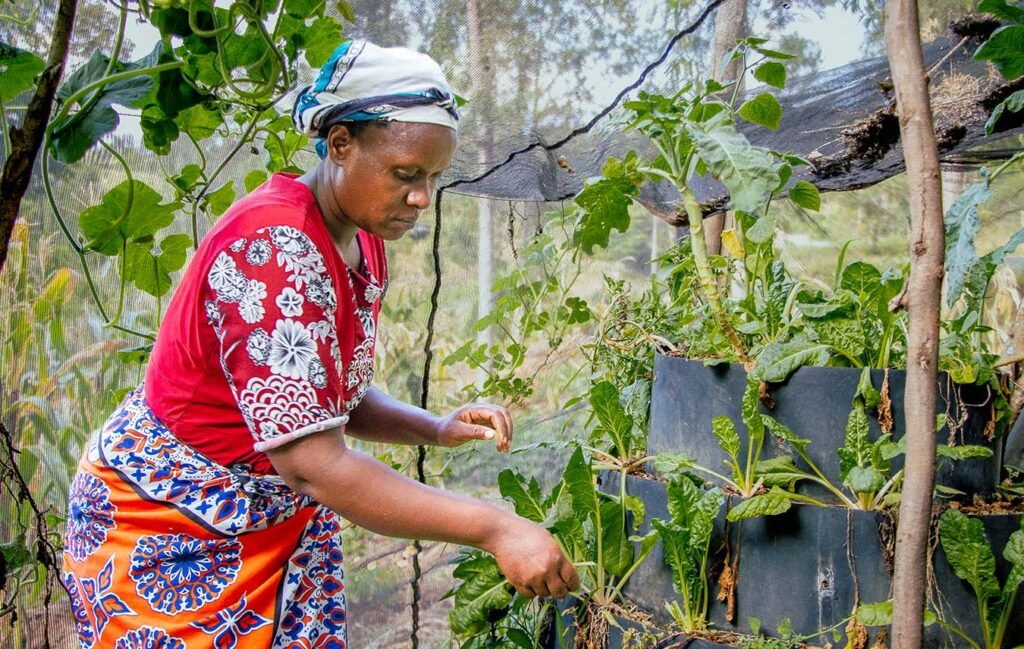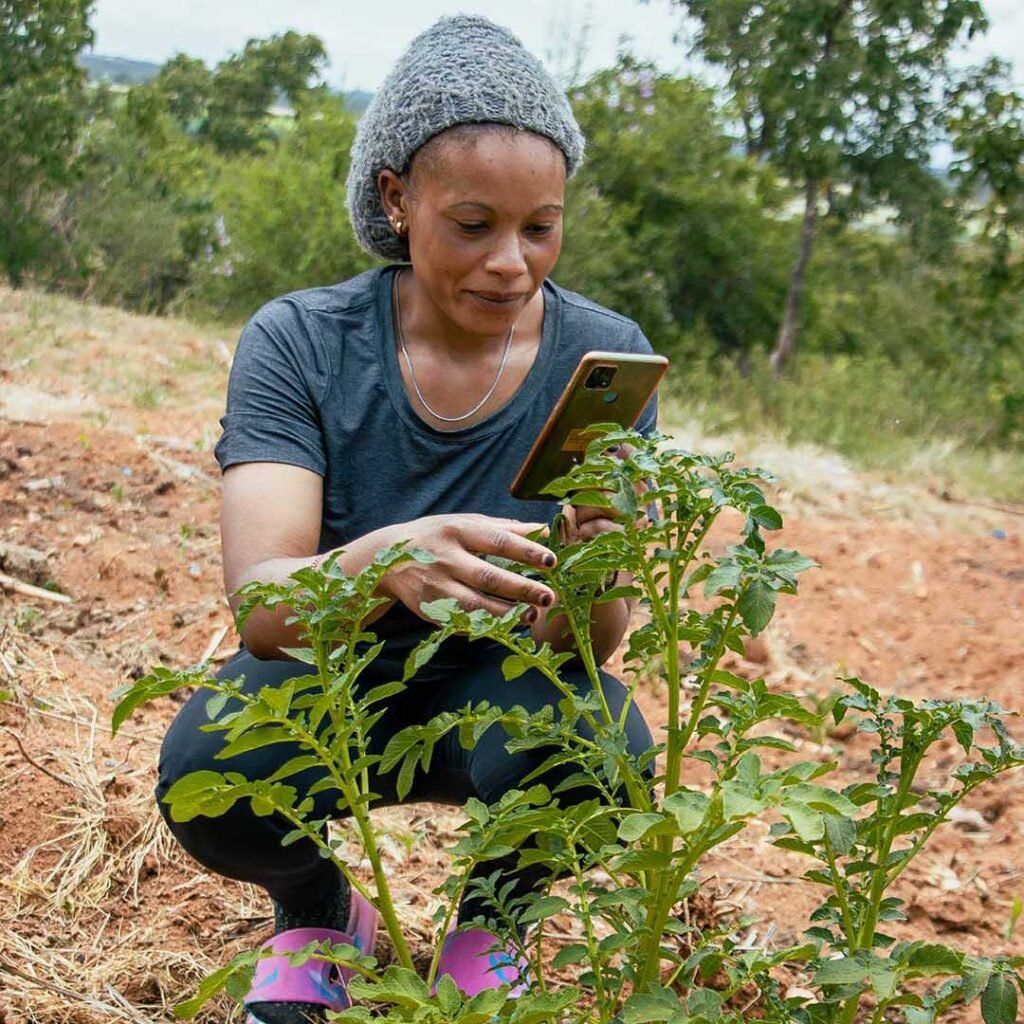Digital Services In Agriculture II
Overview
The second phase of the Digital Agriculture Project, funded by the UK Government’s Digital Access Program (DAP) through the Foreign Commonwealth and Development Office (FCDO), aimed at significantly enhancing digital literacy and access to locally relevant agricultural content for small holder farmers. This phase targeted 22,000 small holder farmers in Laikipia County and sought to identify stakeholder needs in five additional counties: Kilifi, Kisumu, Homa Bay, Busia, and Nakuru.

This phase, titled “Sustainable, Climate Adapted, and Digitally Enabled Agriculture for Enhanced Food Security in Kenya,” was seen as a game-changer by stakeholders, particularly in the context of climate change. The project’s activities, which included advocacy for better internet access, digital skills training, content digitization, and awareness campaigns, led to increased digital literacy, access to digital content, and greater awareness among small holder farmers. The success of phase one allowed for the expansion of the project to five new counties, where the model used in Laikipia was expected to be replicated.
The project demonstrated improved livelihoods among underserved farmer communities in rural areas, fostering strong relationships and trust, particularly through digital marketing, which reduced costs and risks associated with traditional livestock markets. Additionally, the project aligned well with Kenya’s Vision 2030, which recognizes ICT and digitization as drivers of economic development, especially in agriculture. The project supported national goals by promoting modern agricultural practices, increasing productivity, improving market access, and enhancing the digital literacy of farmers.
Specific objectives included increasing access to digital agricultural content for 22,000 farmers in Laikipia County, identifying needs in five additional counties, training 600 AEOs and champion farmers, and raising awareness among 1,000,000 farmers by July 2022.
Expected outcomes included improved income and livelihoods for women, youth, and PWDs, increased access to affordable internet, better understanding of climate-smart agriculture, and strengthened trust in digital platforms. The project aimed to move from “Bora Kilimo” (mere agriculture) to “Kilimo Hakika” (sure agriculture), ensuring a more sustainable and digitally enabled agricultural future for Kenya.
Key Impact/Achievements in Phase II
- Increased Digital Literacy Skills among small holder farmers
- Increased Access to and Use of Relevant and Localized Digital Agricultural Content with 78% demonstrating increased capacity to access and use relevant digital content in their agricultural activities.
- Increased Variety and Availability of Relevant and Localized Digital Agricultural Content (translated in local languages) https://digi4farmers.org/
- Increased Awareness of the existence and benefits of digital Agricultural Digital Platforms; achieving 263% of the targeted outreach
- Improved Incomes and Livelihoods from average monthly earnings from USD 78 to USD 134
- Increased Access to Affordable Internet Services
- Enhanced Agricultural Information Seeking Behavior.
- Increased Trust and Confidence in the Internet and Online Platforms.
- Entrenched Culture of Strategic Partnerships and Knowledge Sharing
DIGI4FARMERS
The Digi4Farmers initiative was a pivotal component of the Digital Agriculture Project, driving significant advancements in digital literacy and access to agricultural content across Laikipia County and beyond. By organizing learning events and creating an online platform, Digi4Farmers directly reached over 1,600 farmers, with 53% of attendees being female. The platform also bundled critical agricultural resources, providing farmers with easier access to information. Through extensive awareness campaigns, the initiative reached over 1.5 million farmers, significantly enhancing their understanding and use of digital tools. Additionally, cybersecurity training was provided, fostering trust in online platforms and enabling safer digital engagement. The success stories documented through Digi4Farmers highlight its transformative impact on small holder farmers’ livelihoods.


